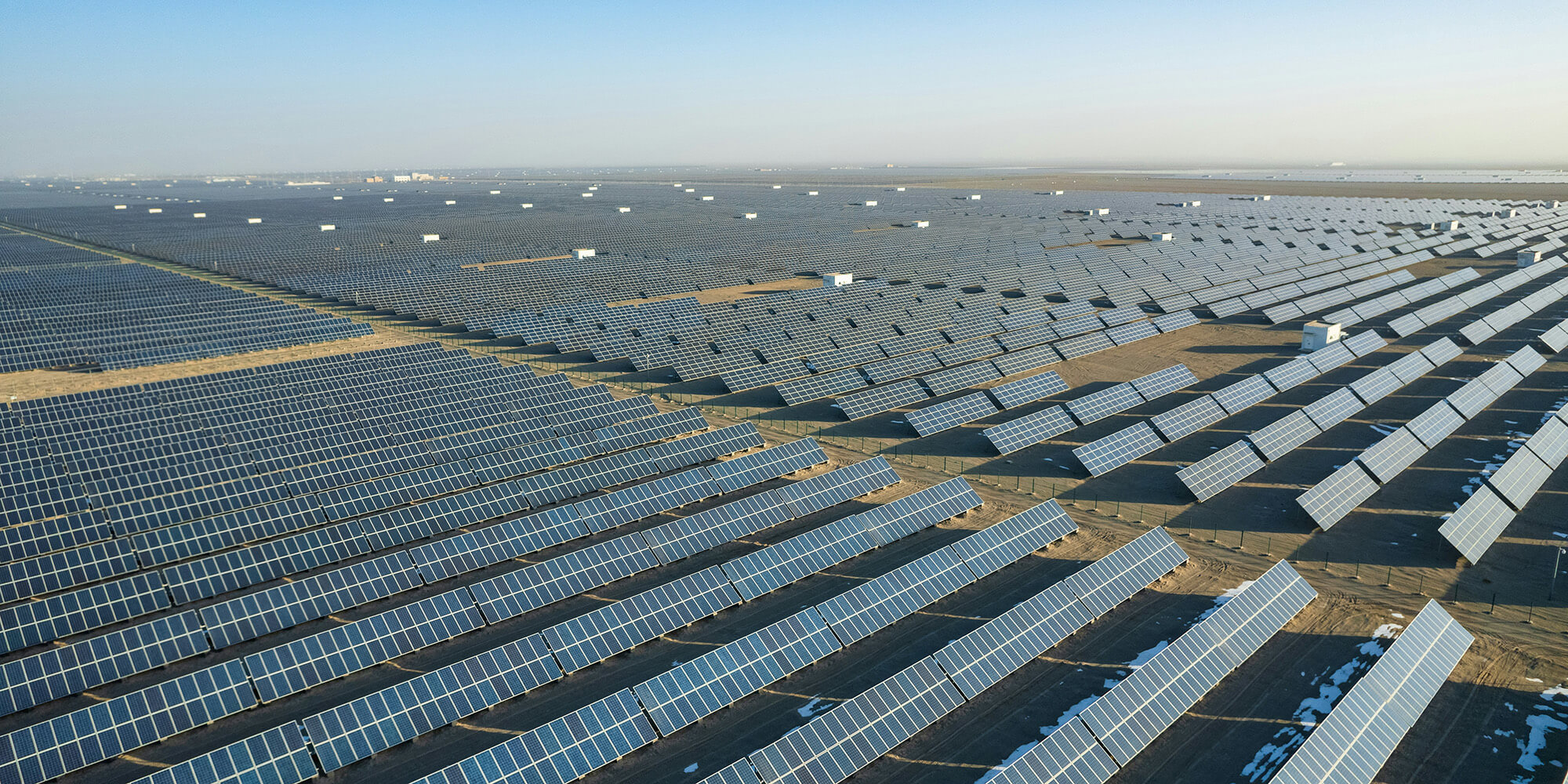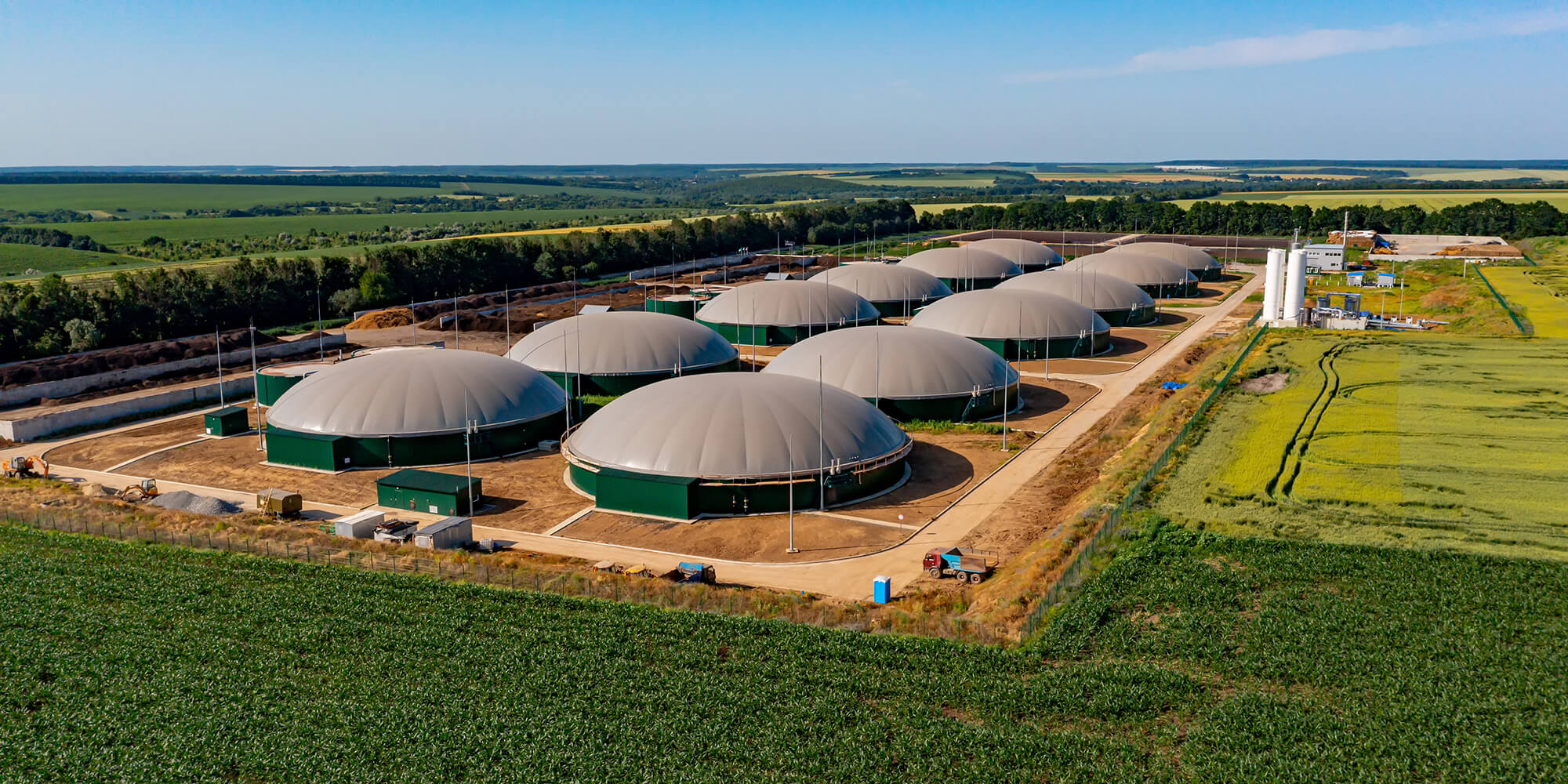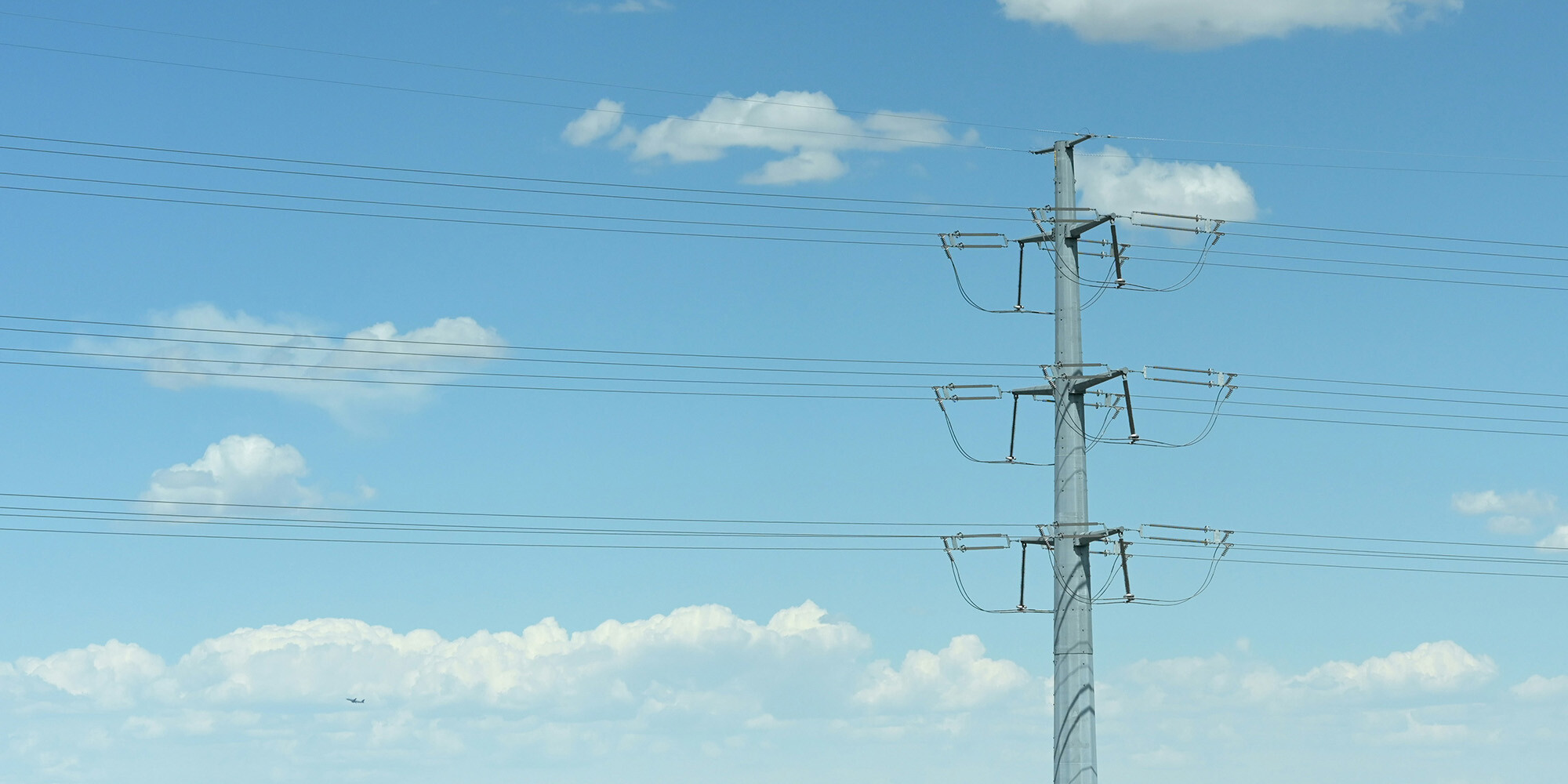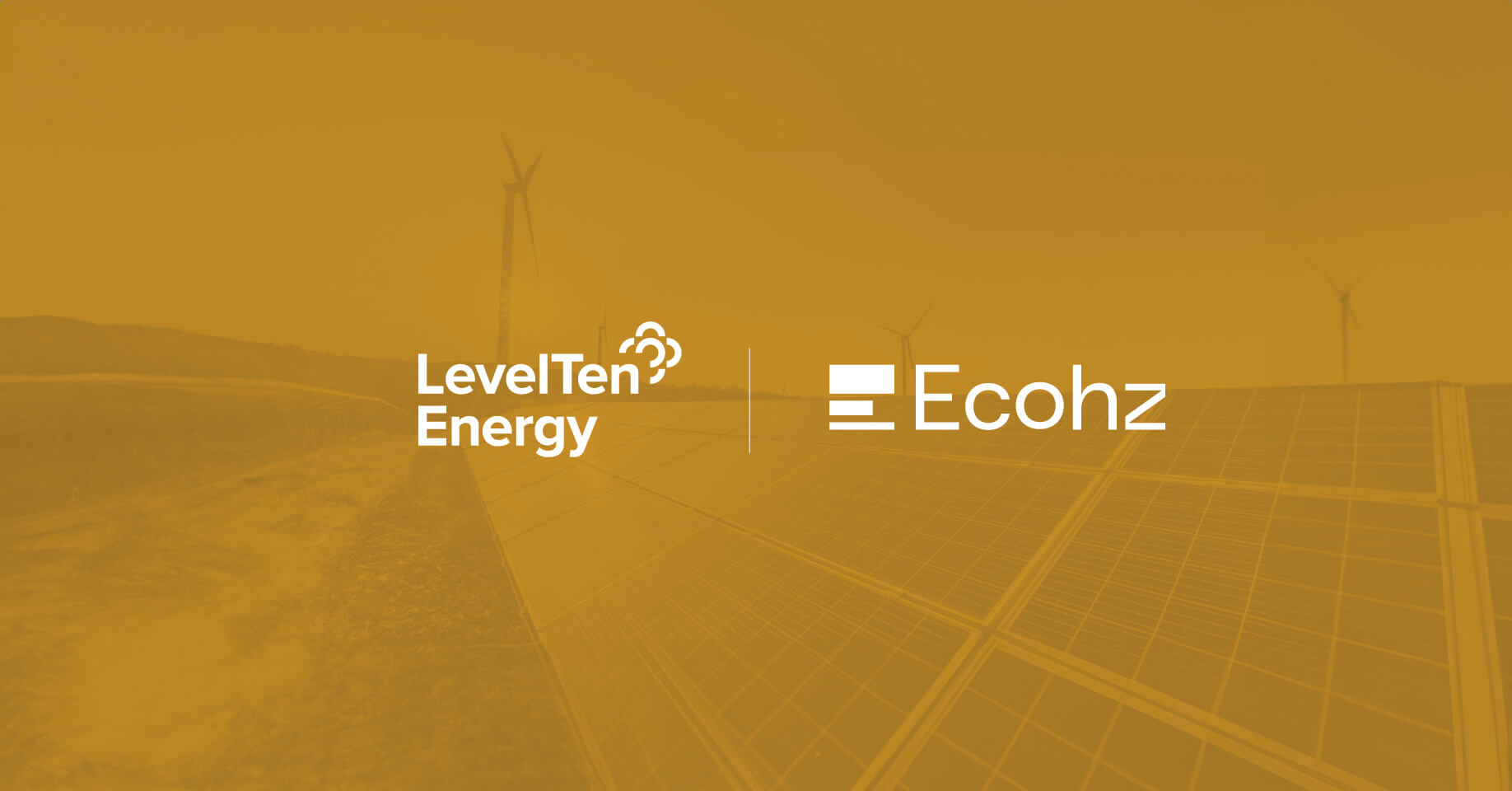On 8 December 2023, the Ukrainian energy ministry urged residents to save energy after an attack on a thermal power plant could lead to electricity shortages. The plant was hit during the first cold snap of the winter season, with temperatures plummeting well below freezing.
News like this has been common throughout the Russian invasion of Ukraine. Electricity generation facilities have been repeatedly targeted, prompting power outages that imperil the functioning of critical infrastructure, such as medical institutions. Energy security has become vital to keep essential services running.
This year, Ecohz is renewing its support of Solar Aid for Ukraine, an initiative of the environmental NGO Ecoclub that aims to build the energy independence of Ukrainian municipalities by installing solar power plants for critical infrastructure facilities.
In 2022, Ecohz contributed to a fund-raising campaign that equipped a hospital in the Sumy region with a 60-kW rooftop solar installation. The panels now ensure continuous medical treatment for close to 400 patients every day after a period where power outages routinely disrupted medical procedures.
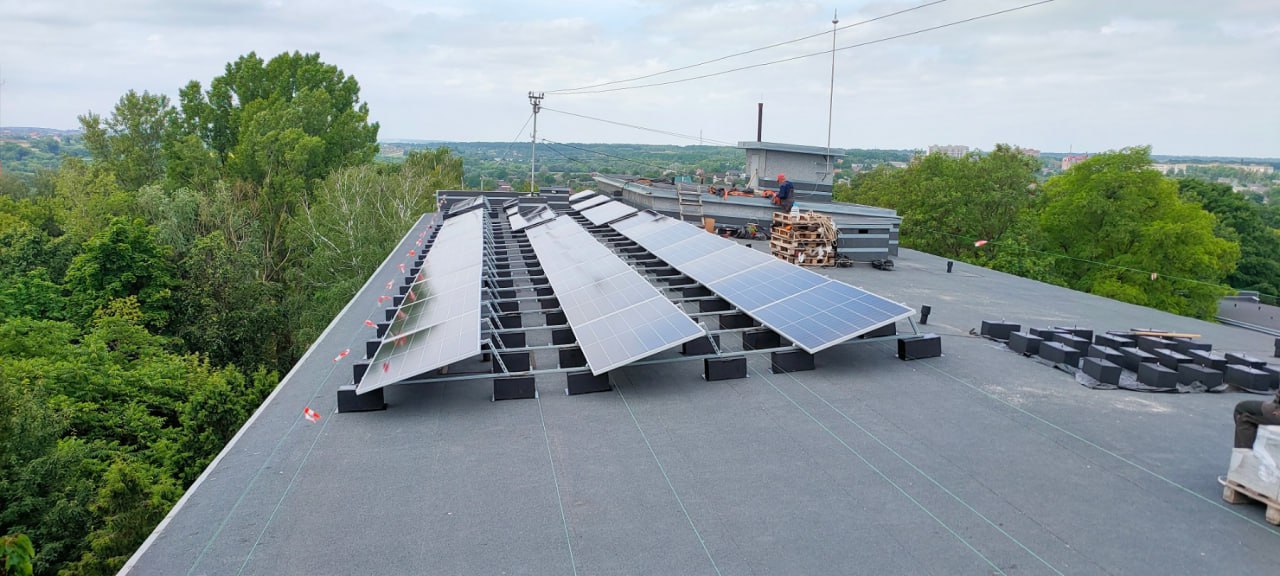 Solar panels on the rooftop of a hospital in the Sumy region, Ukraine. Photo: Ecoclub
Solar panels on the rooftop of a hospital in the Sumy region, Ukraine. Photo: Ecoclub
"The X-ray equipment has high power consumption and suffers from power surges. In winter, we had to stop working and send patients for examination using other equipment.” Valentyna Dominas, director of the hospital in Sumy, said. “The installed solar power plant will also help ensure the functioning of the operating and intensive care units".
By the end of the year, Ecoclub will have installed a total of 1 MW of renewable capacity in different regions of Ukraine. Solar panels will produce energy, save money that can be used on medical equipment, and displace fossil fuels.
Building resilience, cutting emissions
“We decided to take this time in Ukraine as an opportunity to show how we can use renewable sources,” Oksana Pohl, a board member of Ecoclub, says. Born in Ukraine and based in Munich, she runs funding campaigns through the platform wirWerk to build community energy resilience in her country and avoid carbon emissions.
In addition to helping over 200,000 people annually get medical treatment, the Ecoclub team expects solar panels installed in the Sumy hospital to save 75 tons of CO2 equivalents every year by substituting diesel generators. “War is already such a huge source of greenhouse gases. While we help people, we also want to do something good for the climate,” Pohl adds.
“The installed solar power plant will also help ensure the functioning of the operating and intensive care units".
So far, Solar Aid for Ukraine has built solar installations in eight hospitals and two water supply facilities. More are sure to come. Ecoclub is currently going through more than 450 requests for aid from across the country. Adaptable and clean renewable energy will continue to provide the help they need.
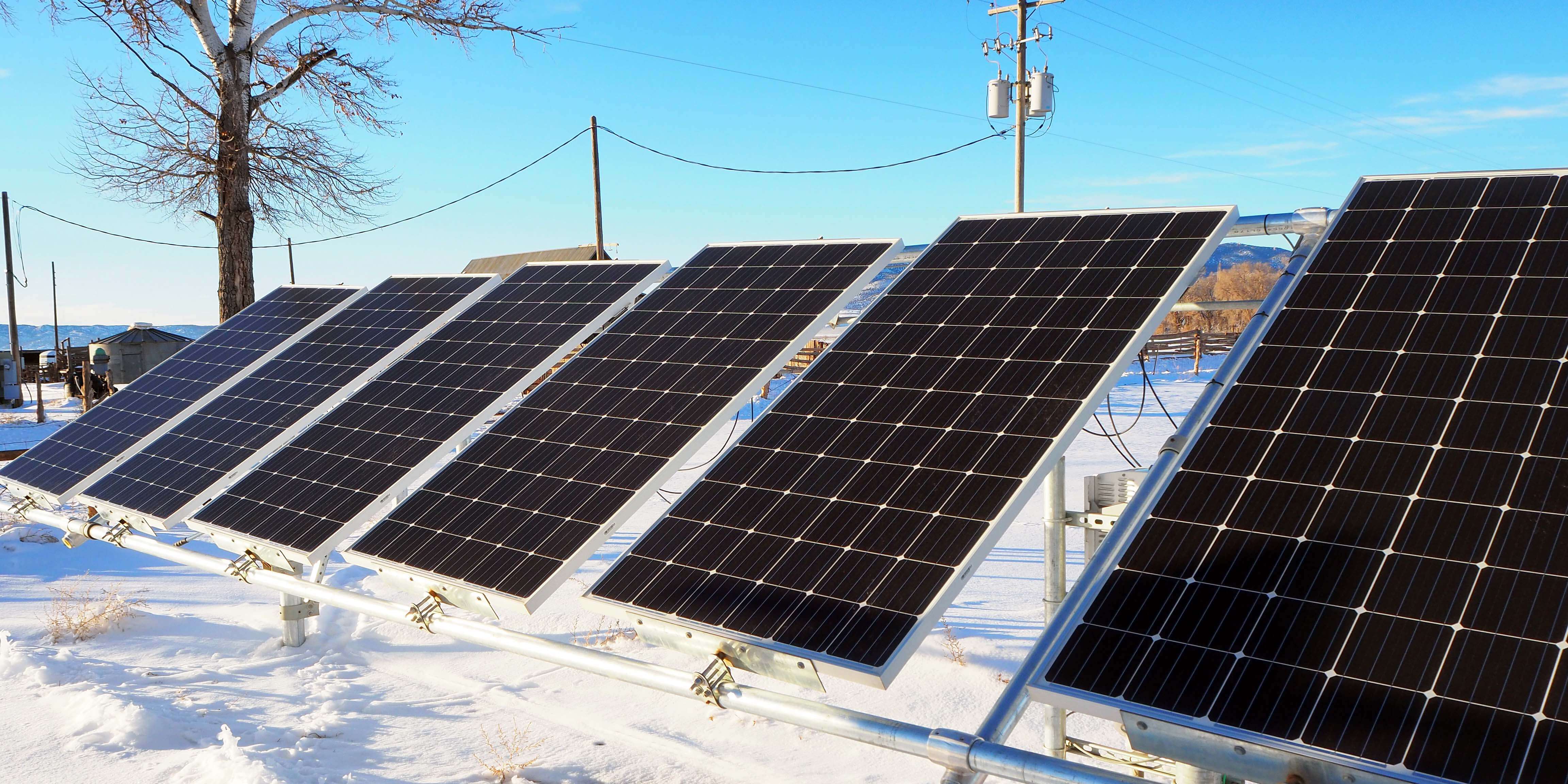

.png?width=3840&height=2560&name=Sun(1).png)

.png?width=3840&height=2560&name=Landscape_2(1).png)
